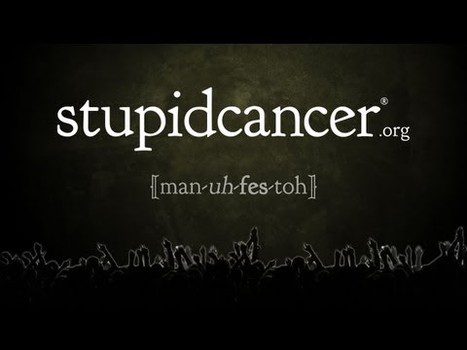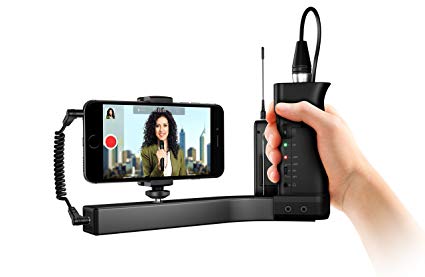
Wearables for Good Improves the Lives of Children
PREVIOUSLY PUBLISHED TO TMC NET’S WEARABLE TECH
Child-friendly “Wearables for Good” is what UNICEF, ARM and frog are calling both Khushi Baby and SoaPen, winners of the 2015 Wearables for Good Challenge. Each team, led by joint collaborative Indian-US teams, will have their designs come to life through manufacture, mentorship and a $15,000 prize. Earlier this month, winners were named for the May 2015 launch of The Wearables for Good competition.
Sparked by the release of the UNICEF Kid Power Band, three superpowers in technology have teamed up to continue creating wearables for children. The world’s first WEARABLES-FOR-GOOD presents a mission to keep children active through adventure and physical activity, as they collect points to unlock therapeutic food packets to be delivered to severely malnourished children around the world. Adoption of this technology has inspired a trend in wearable innovation.
A challenge that quickly drew over 2,000 registrants from over 65 countries around the world is now considered one of the “World’s most inclusive technology and designs challenges,” focusing on wearables and what they can do to make our planet a better place.
Enter Khushi Baby, a wearable necklace that stores immunization records for the last two years of a child’s life. Utilizing Near Field Communication (NFC) technology, this small wearable sends and receives health record, securely, via smartphone synchronization, accessible by certified health professionals, through the “health cloud.”
“Khushi Baby wants to ensure that all infants have access to inform and timely health care by owning a copy of their medical history. The Khushi Baby system enables access to culturally appropriate wearable digital medical records, even in the most remote and isolated areas. We believe in tracking each child’s immunization to the last mile, and as a UNICEF Wearables for Good Challenge winner,” states Ruchit Nagar, spokesperson for the Khushi Baby brand.
Nagar continues by talking about the future of Khushi Baby, “We look to expand from monitoring the vaccination progress of 1,000 children in 100 villages to a larger beneficiary base in areas beyond India where our digital system can streamline access and delivery to health care. We also look forward to building our system to serve broader populations and medical applications, moving soon to a wider focus on a continuum of maternal and child health care. At its core, Khushi Baby functions as a key to connect those in need of services to a digitally integrated community.”
On the move to develop personalized hygiene skills, SoaPen also entered the competition, in belief that, according to Shubham Issar, “a serious problem can be solved through a simple and fun solution. Our focus is to reduce infant mortality rates and the spread of disease by promoting the habit of hand washing with soap among children. SoaPen taps into the power of the two directional awareness flow between adults and children all over the world, with the aim to reach as many hands as fast as possible!””
The SoaPen introduces the habit of personal hygiene, starting with washing hands. The target audience of the SoaPen is amongst school children, aged 3-6 years of age, a delicate age group that is highly prone to illness, as they come in daily contact with germs and bacteria. In the design of a crayon, this soap will allow educators and guardians to reduce spread of disease and influenza by writing on the skin of children, while directing them to the nearest sink.
Denise Gershbein, Executive Creative Director of frog tells us that the three brands in technology, “wanted to elevate wearable and sensor technology in a way that moves beyond fitness trackers on the wrist and towards improving the lives of mothers and children across the world.
“It was our goal to bring together a broad and diverse community of people whose ideas and efforts would be much more powerful when brought together in new ways. We are extremely pleased with the dialogue that has resulted from this effort, and truly humbled and impressed by the solutions generated by the winners. We look forward to seeing real impact in the world from these ideas.”


